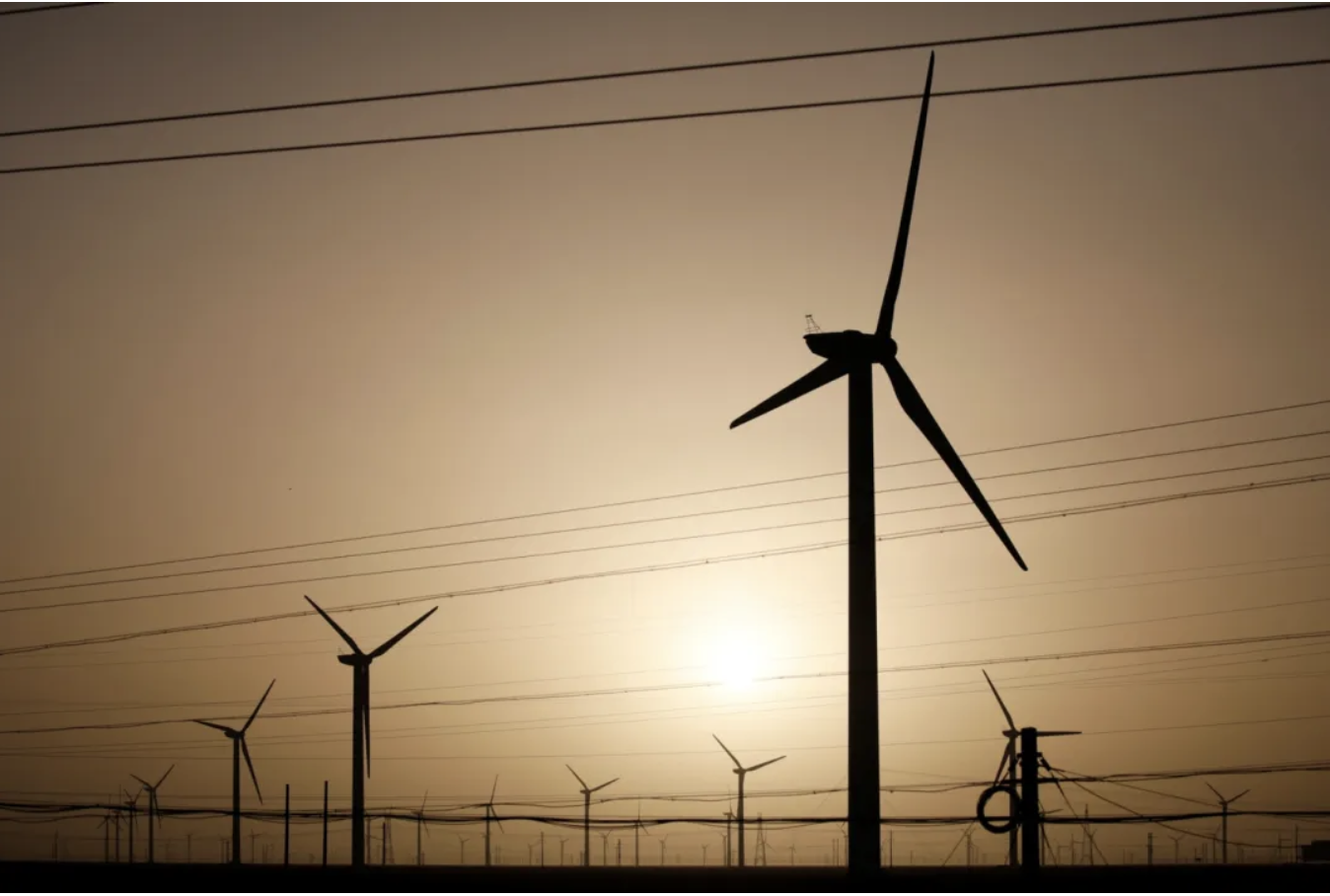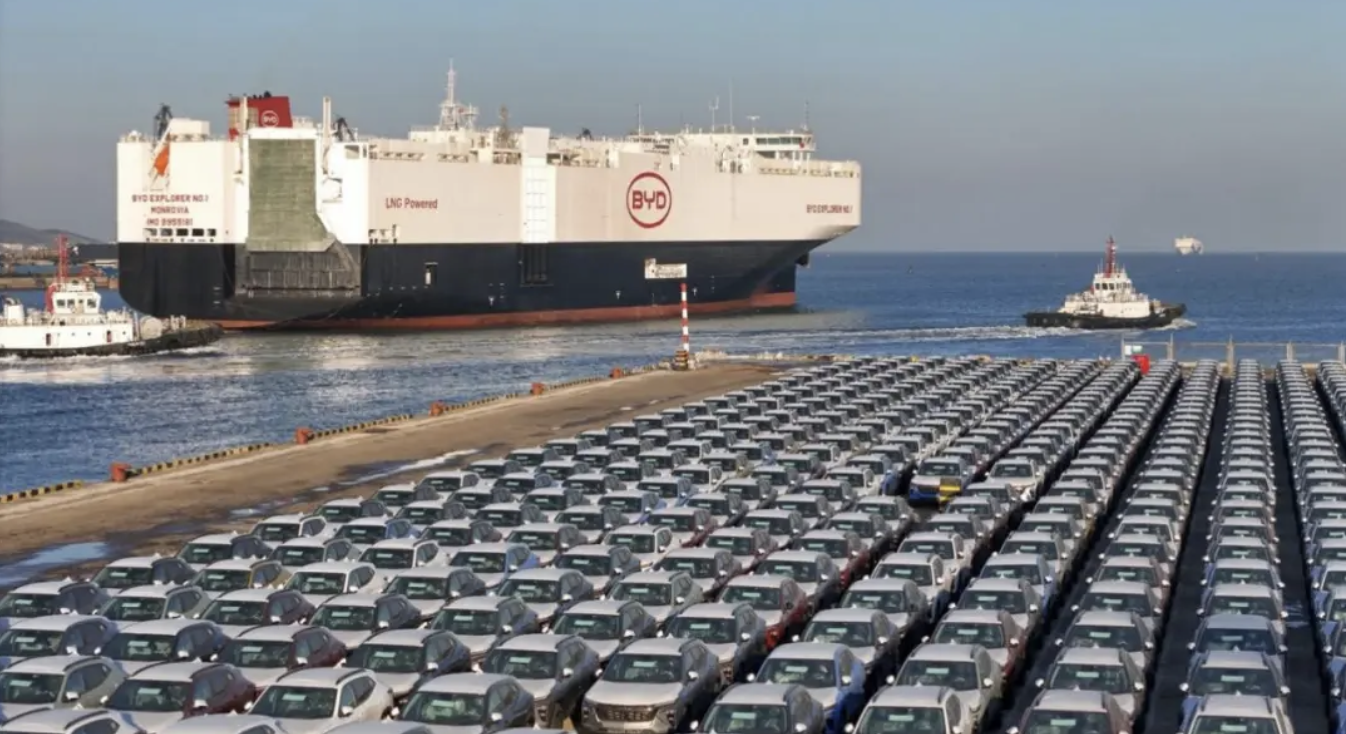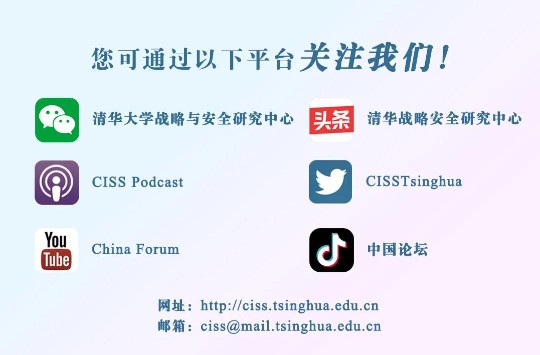一、中国强大的制造业,尤其是新能源产业,是世界经济增长和物价稳定的重要推动力。近年来,中国电动汽车、锂电池、光伏产品等出口增多。中国新能源产品的质量和价格满足了许多国家消费者和企业的需求。 In 2023, China’s lithium batteries, photovoltaic products and electric vehicles, also known as the “new trio”, recorded a total export of 1.06 trillion yuan, an increase of nearly 30 percent. China’s photovoltaic module production has ranked first in the world for more than ten years, accounting for 80 percent of the world's output. Six of the world's top 10 power battery companies are from China. (May 23, 2024, “Hype about China’s ‘Overcapacity’ threatens world economy”,Xinhuanet) Chinese electric vehicles from makers like BYD aren’t just cheap — they’re also good. And it retails for just $10,000 in China. Smaller sizes, innovative designs and efficient business practices help keep the prices of Chinese autos down. (May 14, 2024, “5 takeaways from Biden's tariff hikes on Chinese electric vehicles”,NPR) “No other region of the world has a transformation of the automotive industry that is as fast-paced as in China,” Volkswagen CEO Oliver Blume said on Wednesday at an event previewing his company’s appearance at the auto show. “This market has become something of a fitness centre for us,” he said. “We have to work harder and faster to keep up”. Other automakers expressed similar sentiments. Japan’s Nissan sent many top executives to the Beijing auto show to feel first-hand the pace of change in China, company President Makoto Uchida said. (April 25, 2024, “VW and other European electric car makers fight to catch up with China”, Business Standard) 1.在世界各国需要迅速减少对化石燃料的依赖之际,美欧等国围堵中国新能源汽车将阻碍本国向零排放车市场的过渡。 Right now the American car market is sorely lacking in smaller, cheaper EVs. Automakers in the U.S. have focused on electrifying bigger, more expensive models, including SUVs, trucks and minivans. The average price of an EV is $55,000, and the high sticker price is one reason EV sales are slowing; price-limited buyers are shut out of the market. Biden’s decision to impose 100% tariffs on Chinese-made EVs stifles the possibility of competition in the lower end of the car market and means the affordability gap will continue. That will slow the transition to zero-emission vehicles at a time when the U.S. needs to rapidly reduce its reliance on fossil fuels. (May 17, 2024, “Editorial: China embraced electric vehicles. The U.S. didn’t. Now we’re paying the price”, Los Angeles Times) 2. 美欧等国企业承认,保护主义关税将损害中国和西方国家在新能源和相关产业领域的合作,也将损害其本国利益。 German carmakers, who are extremely reliant on the Chinese market, are particularly vociferous in their opposition to EU countermeasures out of fear they could prompt swift Chinese retaliation. “You could very quickly shoot yourself in the foot,” BMW CEO Oliver Zipse recently told reporters. BMW imports Chinese-made Mini EVs and the iX3 into Europe and is reliant on the revenues generated from its Chinese business. China is BMW’s largest single market, accounting for nearly a third of total sales in the first quarter of 2024. “We don't think that our industry needs protection,” said Zipse in a meeting with analysts, adding that operating on a global basis gives major automakers an industrial advantage. “You can easily endanger that advantage by introducing import tariffs.” “The anti-subsidy probe against China is the opposite of what we expect,” he said. “Over half of Chinese car sales in Europe are from non-Chinese companies. Tariffs are protective measures that essentially harm us. The market share of Chinese manufacturers in Germany and Europe is less than 1%. Europe is not being flooded with Chinese products and out of fear we are trying to close the borders.” (May 27, 2024, “EU-China EV tariffs: German carmakers fear backlash”, Deutsche Welle) 3.中国可以凭借先进的新能源技术和生产发挥全球领导作用,帮助发展中国家实现绿色发展。 Huang Yiping, a member of the Monetary Policy Committee of the People’s Bank of China, said on Monday that China could lend to emerging economies that are in need of a transition to clean energy but lack money and technology. “Since every country needs to make the green transition, and developing countries find it particularly difficult, if we share the burden, we cannot only help them achieve the goal, but also elevate China’s global leadership and influence in green development,” Huang said at the Global Finance Forum organised by Tsinghua University in the city of Hangzhou. (May 28, 2024, “Solve China’s ‘overcapacity problem’ by helping developing nations go green, central bank adviser urges”, South China Morning Post) 审核:国佳


